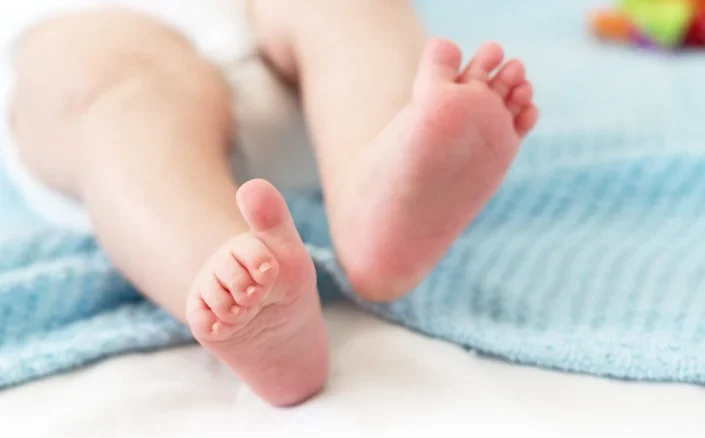Calcium is required for the development of strong bones and teeth in children. The majority of the calcium in our bodies is present in our bones. They contain up to 99 percent of the calcium in the body.
Normal calcium levels are required for proper heart and muscle function, as well as bone growth. Our diet must top up calcium on a daily basis. Calcium deficiency during childhood may lead to weak bones and fractures in later life. So, today in this blog, I will tell you about detection and prevention of calcium deficiency in children.
Hypocalcemia, or calcium deficiency disease, occurs when calcium levels in the blood drop too low. Long-term calcium insufficiency can cause dental problems, brain abnormalities, cataracts, and osteoporosis, which causes bones to become brittle.
Hypocalcemia in a baby is caused by infections, premature birth, maternal diabetes, and some medications. Hypocalcemia can also be a result of vitamin D’s deficiency in breastfed babies who are not given vitamin D supplements.
Hyperparathyroidism (a disorder of the pituitary gland) and pseudohypoparathyroidism, a genetic disorder that mimics hypoparathyroidism, are rare causes of hypocalcemia.
How much calcium is needed daily?
The amount of calcium a child need each day is determined by his or her age:
- 1 to 3 years: 500mg
- 4 to 8 years: 700mg
- 9 to 11 years: 1000mg
- 12 to 18 years: 1300mg.
Vitamin d is also needed
Vitamin D is required for the body to absorb calcium. Without it, calcium can not reach its destination where it needs to be to build strong bones.
Kids don’t eat many foods that contain vitamin D. That’s why vitamin D supplements are frequently recommended by health care specialists.
Vitamin D supplements should be given to breastfed babies as soon as possible after birth. Baby formula contains vitamin D. A baby who drinks more than 32 ounces of formula a day does not need extra vitamin D.
By maintaining calcium and vitamin D intake in food, you can prevent calcium deficiency in your child.
Detection of calcium deficiency in children
Symptoms of hypocalcemia are rarely present. However, when symptoms are present, they include:
- Short stature
- Dry skin
- Dry hair
- Brittle nails
- Muscle cramps
- Tingling in the fingers and toes
- Cataracts
- Weakened tooth enamel
- Seizures
Diagnosis
A doctor may diagnose calcium deficiency by checking calcium levels in the blood. A blood test for parathyroid hormone and vitamin D can help determine the cause of hypocalcemia.
Treatment
The treatment includes calcium supplementation, which is necessary to restore normal calcium levels in the body in order to prevent long-term hypocalcemia from damaging the bones and causing fractures. Vitamin D supplements may also be prescribed.


